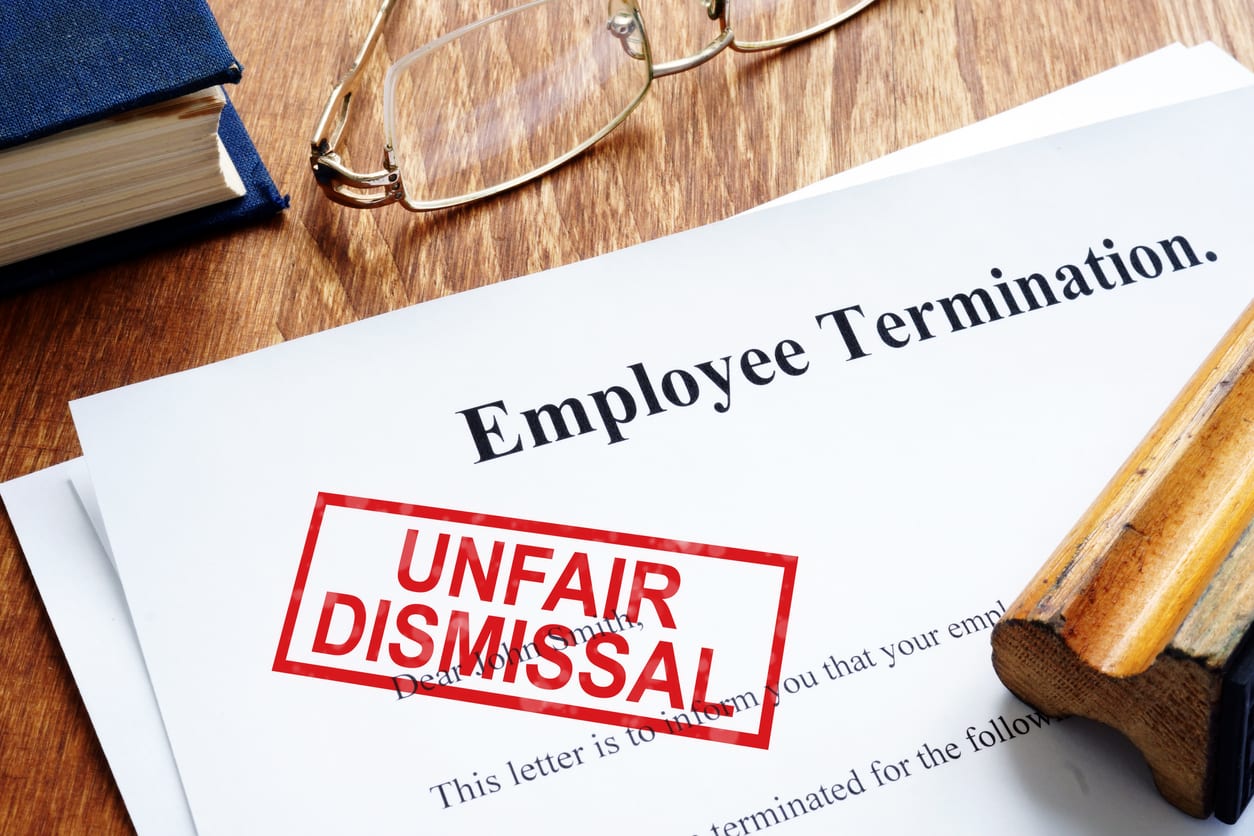
09 Mar Three essential guidelines in wrongful dismissal cases
Fired employees need legal advice to get the most out of a potential wrongful dismissal claim, Barrie employment lawyer Scott Hawryliw tells AdvocateDaily.com.
Hawryliw, founder of SRH Litigation, says the aftermath of a termination can be a stressful time, but that former employees can benefit from a helping hand to guide them through the legal process.
“The most important thing you can do is to get some legal advice,” he says.
“It’s a complicated issue, and a lawyer can help you navigate it,” adds Hawryliw, who has put together this list of three essential issues people need to know about wrongful dismissal.
1. Not every dismissal is wrongful
“Just the fact you’ve been terminated doesn’t mean it’s necessarily wrongful,” he says, adding that it’s a common misconception among non-unionized employees that employers need to have a reason to fire an employee.
“In most cases, an employer has the right to let an employee go on a without-cause basis, so in those situations, the discussion comes down to how much notice or pay in lieu of notice needs to be provided,” Hawryliw says.
A lawyer can help an individual determine the nature of their firing, and what they may be entitled to, he says.
“The first thing to work out is whether it was a with-cause or without-cause dismissal, or maybe you’re talking about constructive dismissal,” Hawryliw says. “A lawyer can help guide you through the differences of the various scenarios, and from there, we can see if the notice or compensation was adequate.
2. Termination clauses can affect your rights
Many employment contracts contain termination clauses dictating the employee’s entitlements when they’re let go, he says.
“If there is an agreement, the employee may be bound to it, for better or worse,” Hawryliw says. “Having one doesn’t necessarily have to be bad for an employee, because there are cases when the negotiated termination entitlements are more favourable than what a court would likely award.”
In many cases, he says there are options for challenging the validity of a termination clause that may result in less attractive terms for the employees.
3. Multiple factors go into determining your entitlements
“It’s important to note that there are several variables in the equation that makes up your amount of notice or pay in lieu of notice,” Hawryliw says. “But the most significant of these variables is normally the length of time the employee worked for an employer.
“That’s not to say that an employee who has not worked for a long period of time isn’t entitled to anything, it’s just that in most cases, an employee who worked for a longer period is generally entitled to more,” he adds.
Still, there are exceptions to that rule of thumb, Hawryliw says, such as when an employee was induced to join an employer, so getting legal advice is always a prudent step.


No Comments